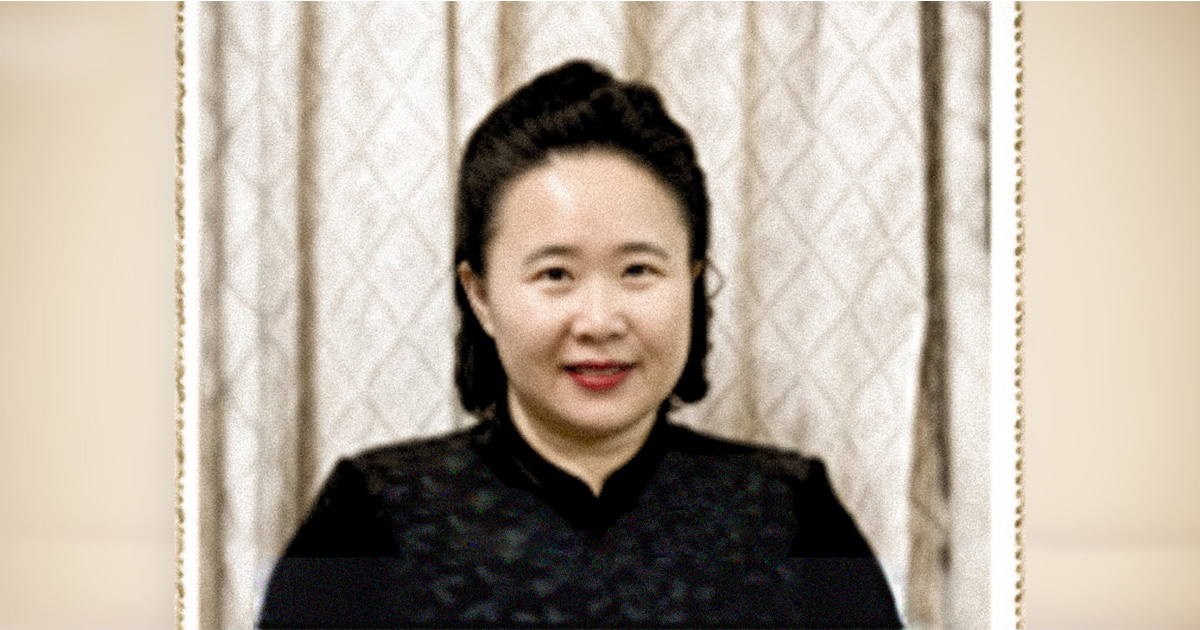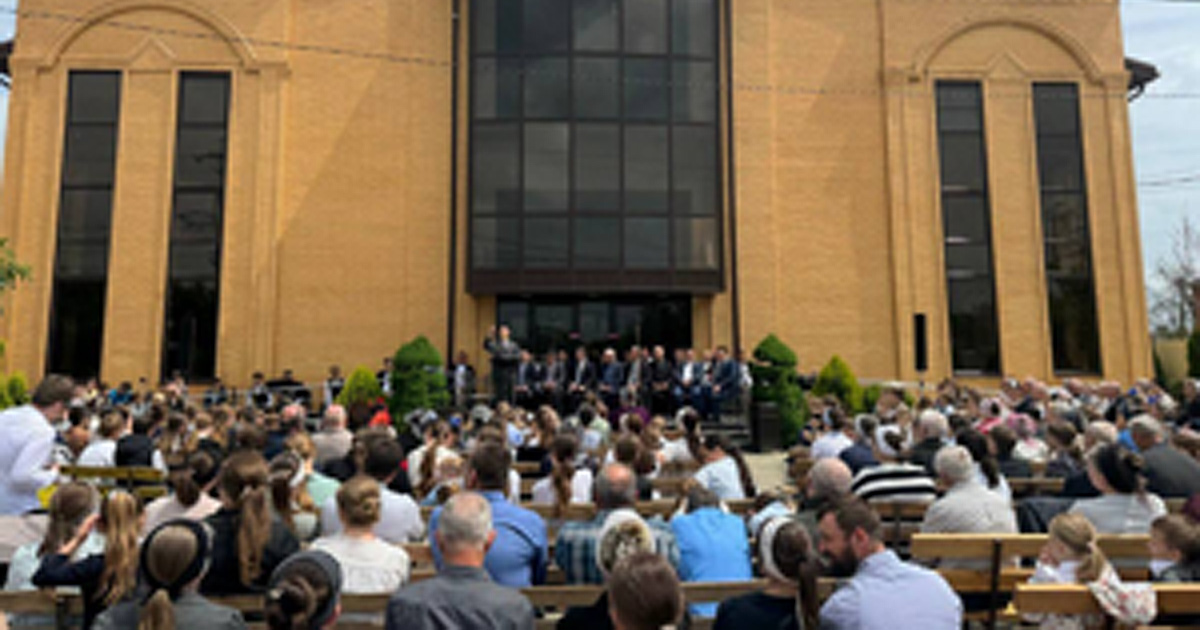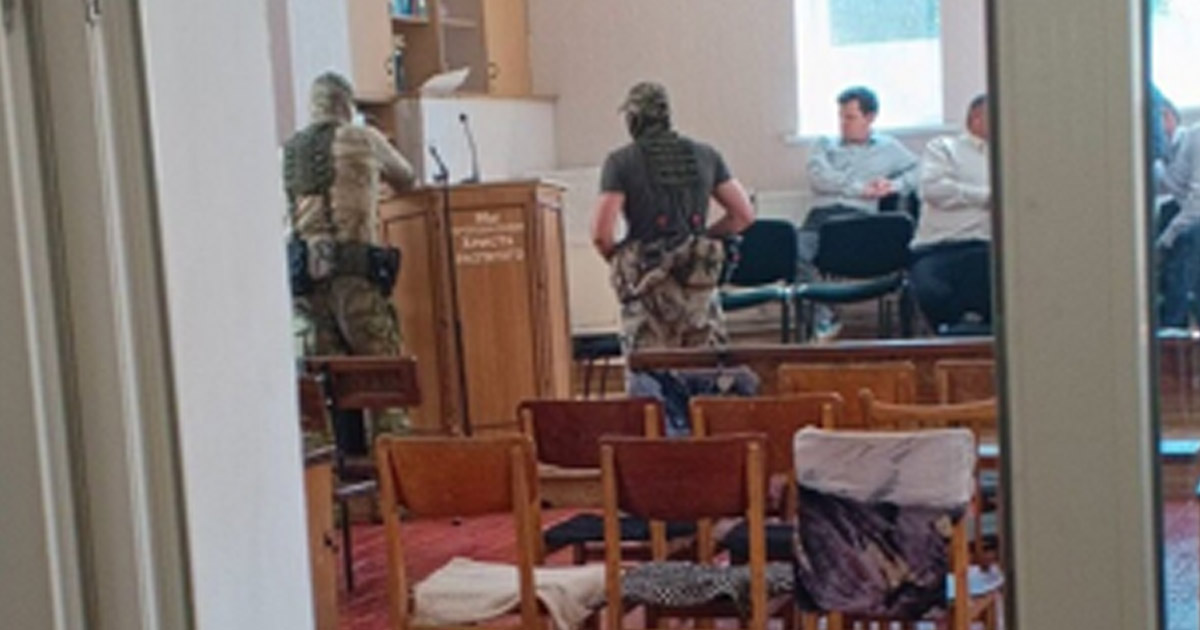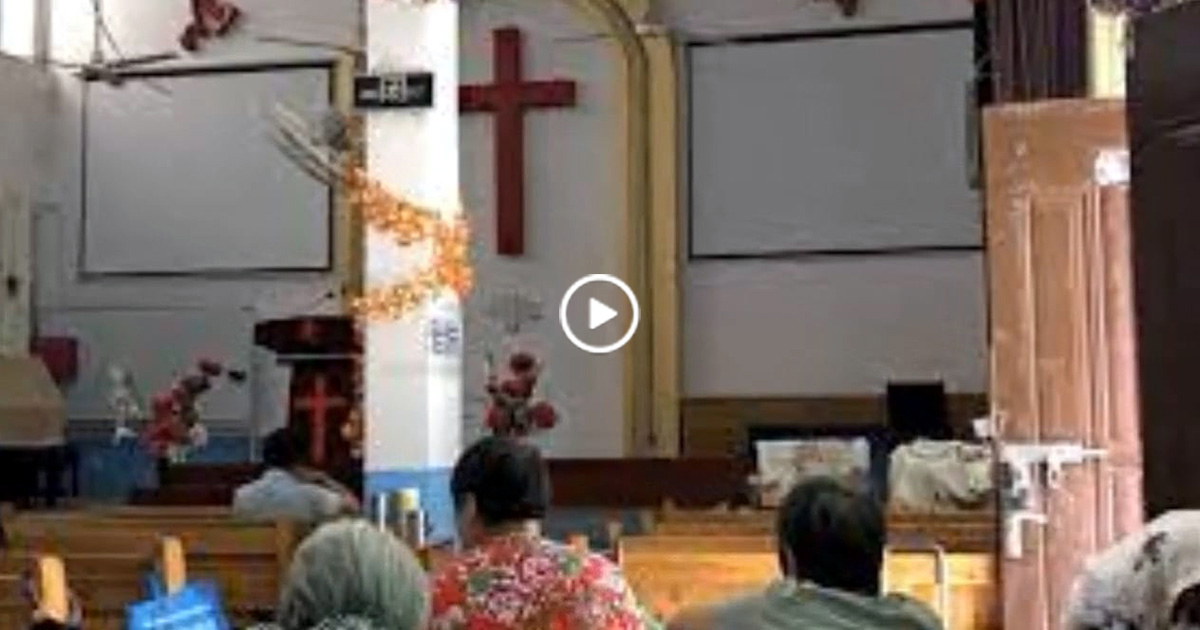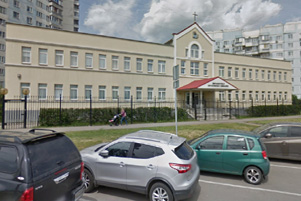
Photo: Google
Several religious educational institutions are facing fines, suspension orders, and more, as part of what is considered systemic and intentional obstruction. Yet, the institutions insist there were no violations committed.
Two prominent institutions -- the Baptist Union's Moscow Theological Seminary and the Pentecostal Union's Eurasian Theological Seminary -- are included in recent actions taken as a result of inspections from the federal education inspectorate. In each case, no specific deficiencies were identified to justify the penalties.
The Moscow Theological Seminary was forced to suspend all activities for 60 days, starting on January 25th. The inspections found fault with its bachelor's degree programs, as well as staff qualifications. The seminary was also banned from admitting new students.
The Eurasian Theological Seminary is the primary training establishment for the Russian Pentecostal Union. Its license to operate was revoked in November and seminary officials are currently in the process of applying for a new one. In the meantime, the school may continue teaching on an informal basis, but no degrees or diplomas can be awarded.
Other schools have faced similar actions, and church leaders fear the restrictions will pose further opportunities for government authorities to curtail their activities and place them under greater official scrutiny and control. A spokesperson for the Pentecostal Union sees this as pressure on non-traditional confessions and "perhaps another act of intimidation."
As church groups seek to raise up new leaders, pray that these Christian institutions will be able to carry on in ministry without undue restrictions and pressure. Additionally, may the theological seminaries be able to resume with their teaching and training so that the spread of the Gospel will continue unhindered. Pray that the Russian government will provide equal opportunities to those representing all faith groups, without demonstrating partiality.

